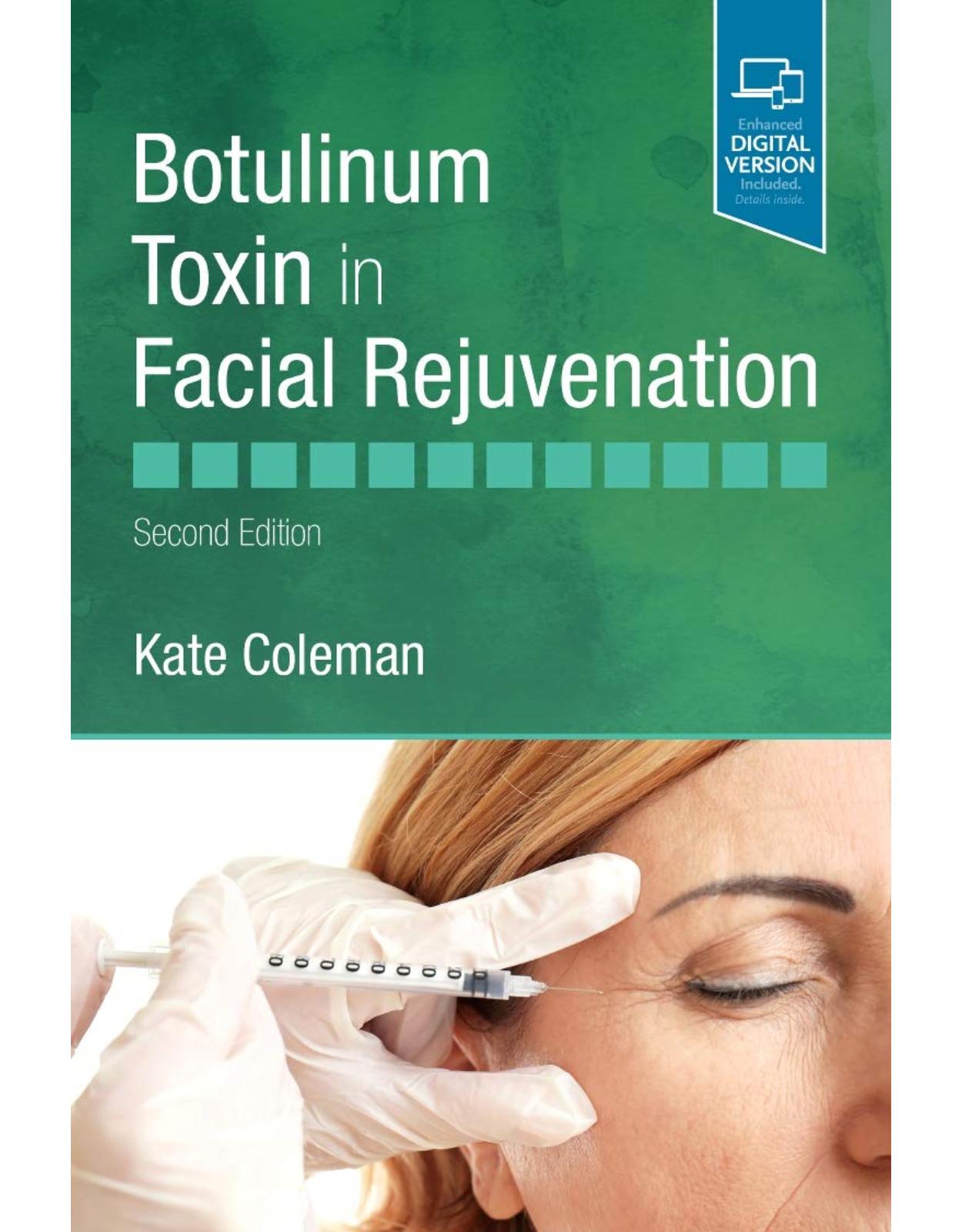
Botulinum Toxin in Facial Rejuvenation
Livrare gratis la comenzi peste 500 RON. Pentru celelalte comenzi livrarea este 20 RON.
Disponibilitate: La comanda in aproximativ 4-6 saptamani
Editura: Elsevier
Limba: Engleza
Nr. pagini: 128
Coperta: Hardcover
Dimensiuni: 15.9 x 1.3 x 23.5 cm
An aparitie: 17 May 2019
Description:
Now thoroughly revised to reflect state-of-the-art advances in the field, Botulinum Toxin in Facial Rejuvenation, 2nd Edition, covers the entire range of the use of botulinum toxin for cosmetic purposes. Dr. Kate Coleman offers practical guidance for safe handling, selection and assessment of patients, potential complications and pitfalls, and aesthetic techniques, as well as comparative modalities and long-term management. This is an ideal resource for anyone who offers this sought-after procedure, including cosmetic surgeons, oculoplastic surgeons, dermatologists, physician’s assistants, and registered nurses.
- Features new, unique coverage of long-term management, picturing the same original patients 15 years later, as well as observations on how treatments should be adjusted as the patient gets older in order to respond to natural changes in bone density and underlying support structures.
- Presents new knowledge on neuromodulation and how treatment can be used to ‘retrain’ expressions to provide fewer frowns lines and better facial symmetry.
- Offers comparative information on other modalities such as laser and hyaluronic acid, as well as potential risk factors, so you can choose the best procedure for each patient.
- Discusses the various forms of botulinum toxin currently available on the market, with an emphasis on Botox, Xeomin, and Dysport.
- Uses full-color clinical photos of pre-, peri-, and post-operative results to illustrate nuances of techniques as well as the effectiveness of botulinum toxin on wrinkles and scars for the major facial areas.
- Provides current guidelines on treatment methods and best practices for reconstitution and storage.
- Discusses which patients may be at risk for adverse effects―or "worsening results"―and offers suitable alternatives.
1. Table of Contents
2. Copyright
3. Foreword to the First Edition 2003
4. Appreciation
5. Introduction
6. 1. Historical background
7. Abstract
8. Keywords
9. 2. Botulinum toxin: Mode of action and serotypes
10. Abstract
11. Keywords
12. Muscular contraction: Normal cholinergic transmission (fig. 2.2)
13. Mode of action of botulinum toxin (fig. 2.3)
14. Serotypes
15. 3. Clinical indications and use
16. Abstract
17. Keywords
18. Concentrations
19. Onset of effect
20. Diffusion and duration
21. Economics
22. 4. Patient preparation and injection skills
23. Abstract
24. Keywords
25. Presentation
26. Reconstitution
27. Injection
28. Transport
29. Aspiration
30. Injection technique
31. Skill development
32. Patient skills
33. Patient preparation
34. Dosage
35. Patient treatment
36. Post injection
37. Time
38. 5. Patient selection: The art of understanding neuromodulation and symmetry
39. Abstract
40. Keywords
41. Resting tone
42. Voluntary and involuntary movement
43. Botulinum toxin as a powerful neuromodulator
44. Seeing skills
45. Control of botulinum toxin-a placement
46. 6. The art of patient selection and short- and long-term management
47. Abstract
48. Keywords
49. How to identify suitable patients
50. Selection process
51. Initial physical assessment: Age and skin condition
52. 7. Contraindications and complications
53. Abstract
54. Keywords
55. Absolute contraindications
56. Relative contraindications
57. Patient complaints
58. Side effects
59. 8. Management of crow’s feet
60. Abstract
61. Keywords
62. Patient examination
63. What to look for when examining a patient
64. Side effects of botulinum toxin treatment for crow’s feet
65. Method of treatment
66. 9. Management of forehead wrinkles
67. Abstract
68. Keywords
69. Anatomy of frown muscles
70. Examination of brow/forehead rhytids
71. Brow examination
72. Principles of forehead rhytid treatment (see fig. 9.26)
73. Recommended treatment of forehead wrinkles (see tables 3.4 and 3.5)
74. Basic glabellar treatment (fig. 9.17)
75. Advanced glabellar treatment
76. Important considerations for glabellar treatment
77. Basic frontalis treatment
78. Different types of rhytids may be treated as follows:
79. 10. Treatment of the perioral region, the neck and scars
80. Abstract
81. Key words
82. Ageing of the perioral region and neck
83. Treatment
84. Perioral indications
85. Corner of mouth
86. Botulinum toxin to the neck
87. Botulinum toxin for scars
88. Décolleté
89. 11. Other solutions
90. Abstract
91. Key words
92. Introduction
93. Hyaluronic acid and other fillers
94. Indications
95. Patient preparation
96. Nasolabial folds
97. Marionette lines
98. Glabellar crease
99. The upper lip
100. Scars
101. Crow’s feet
102. The chin
103. Cheeks
104. Laser resurfacing
105. Upper lid blepharoplasty
106. Lower lid blepharoplasty
107. Combination treatments
108. Lips
109. Frown
110. Face
111. Rejuvenation of the skin
112. Nonablative collagen stimulation
| An aparitie | 17 May 2019 |
| Autor | Kate Coleman BSc PhD FRCS FRCOphth |
| Dimensiuni | 15.9 x 1.3 x 23.5 cm |
| Editura | Elsevier |
| Format | Hardcover |
| ISBN | 9780702077869 |
| Limba | Engleza |
| Nr pag | 128 |

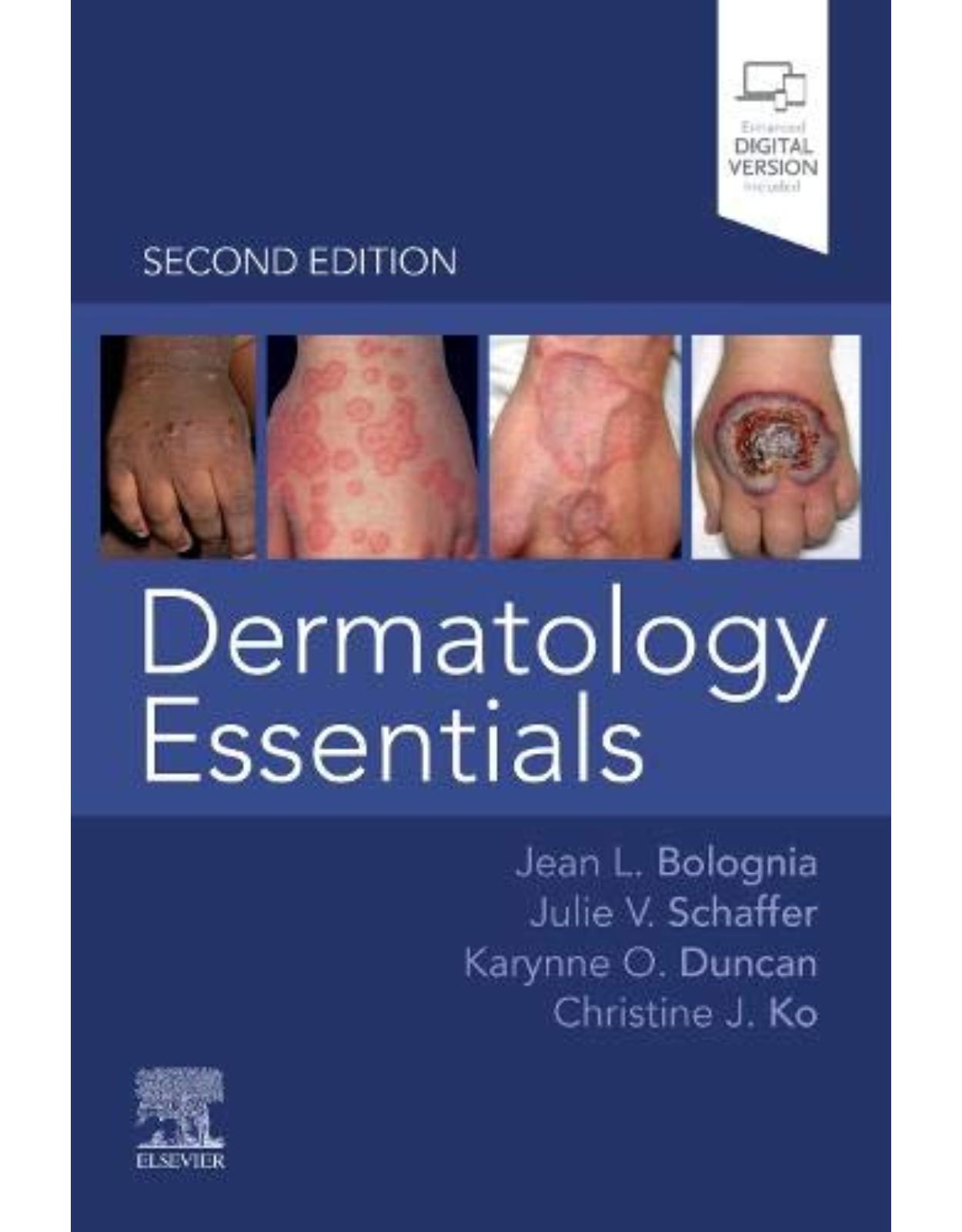
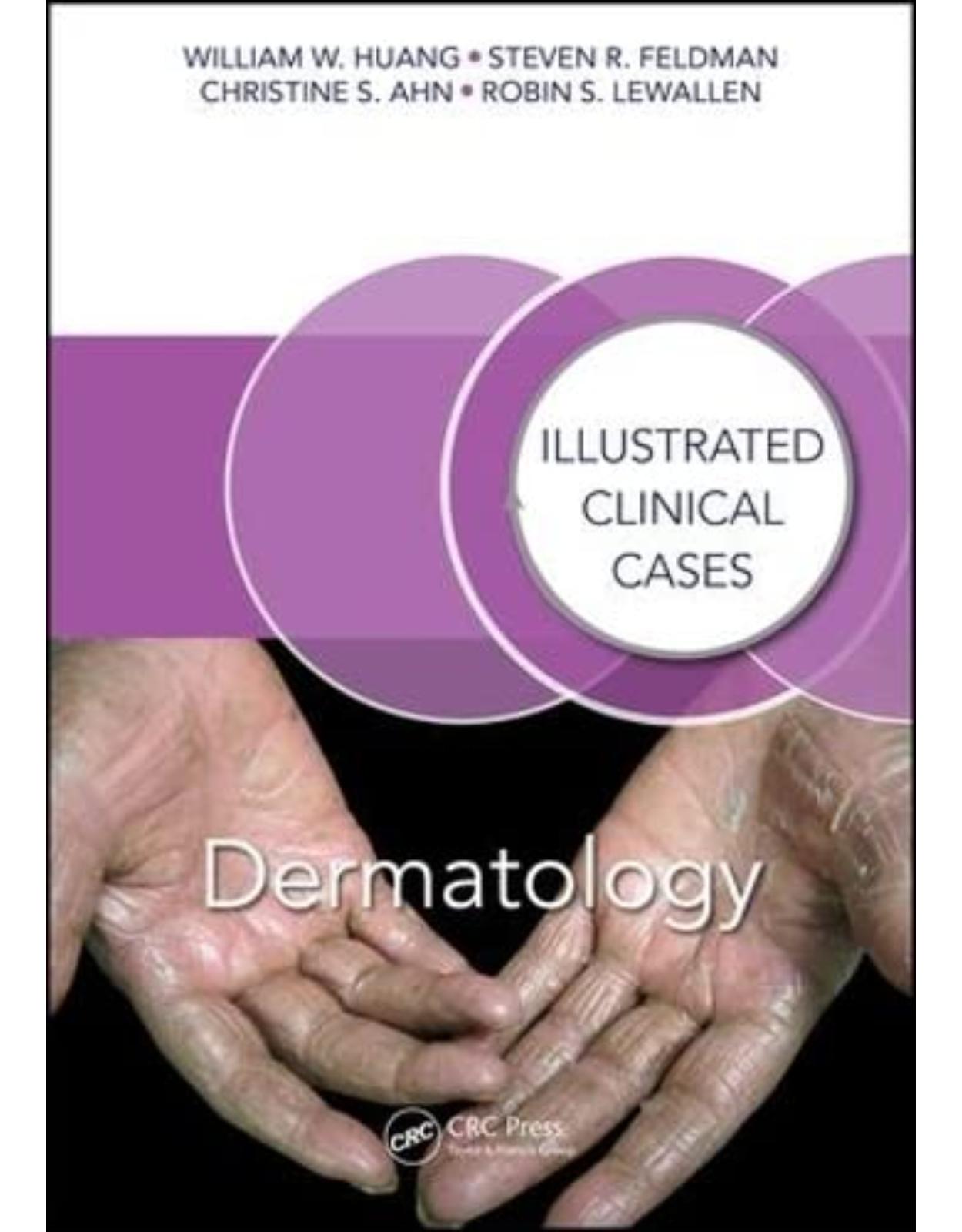
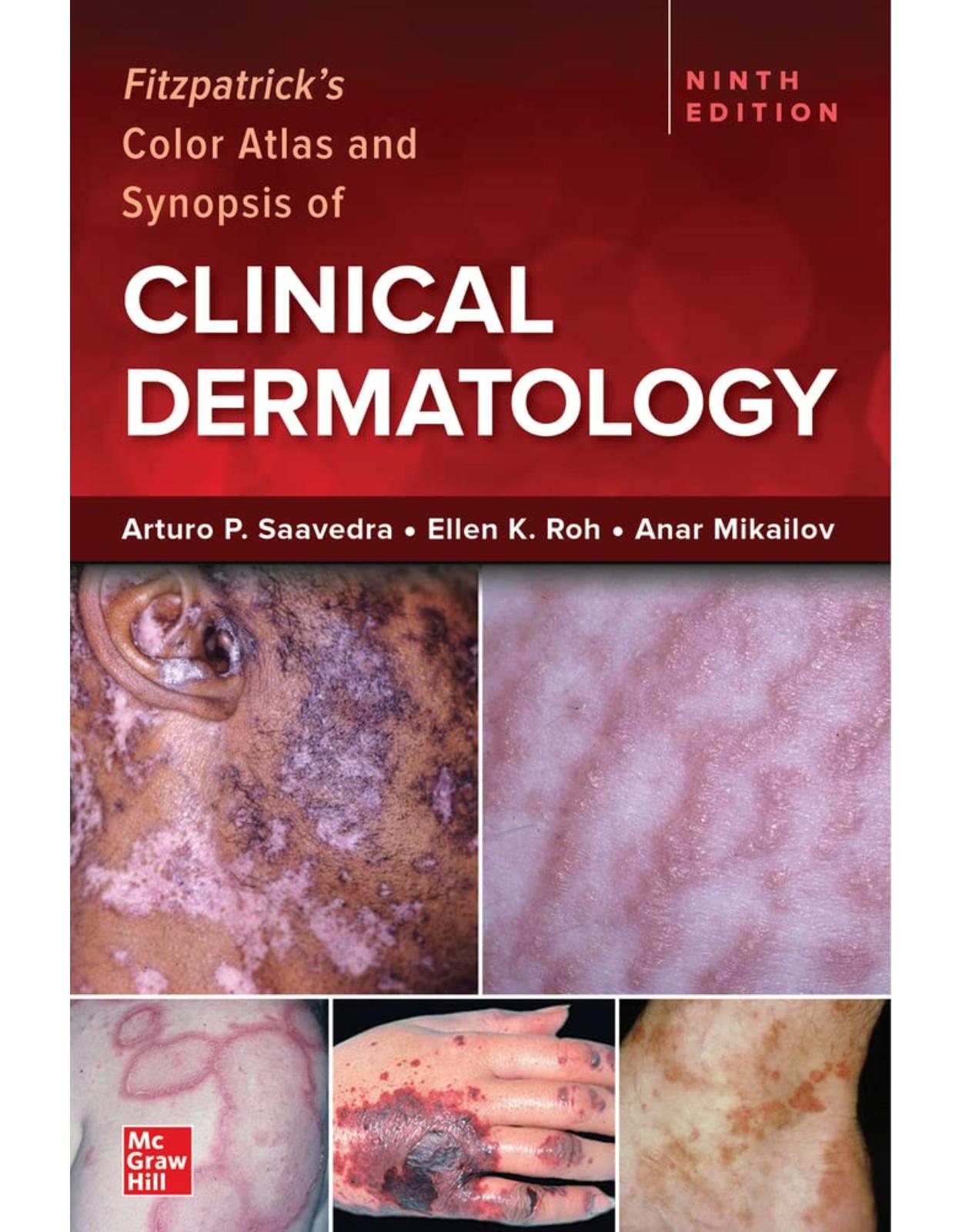
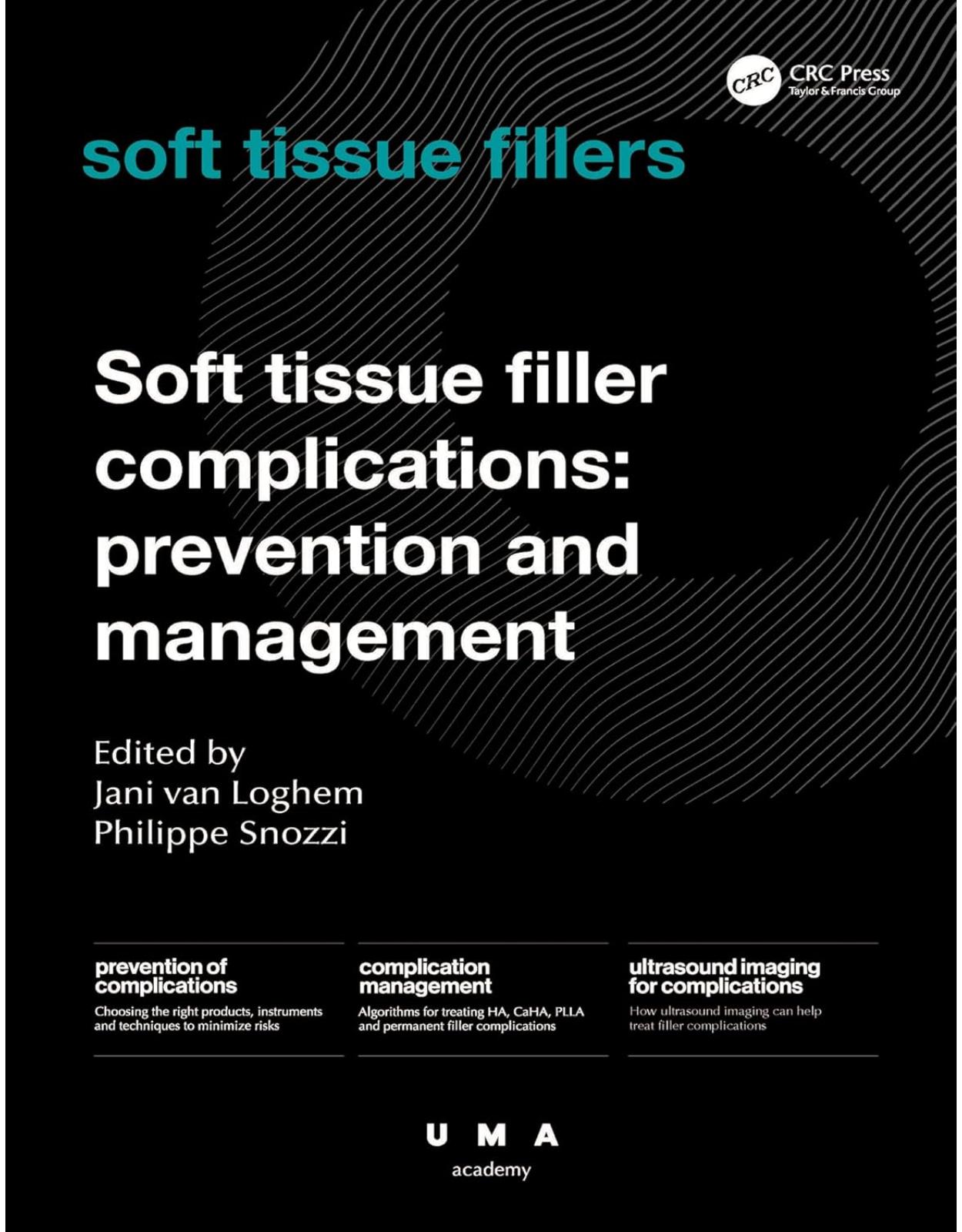
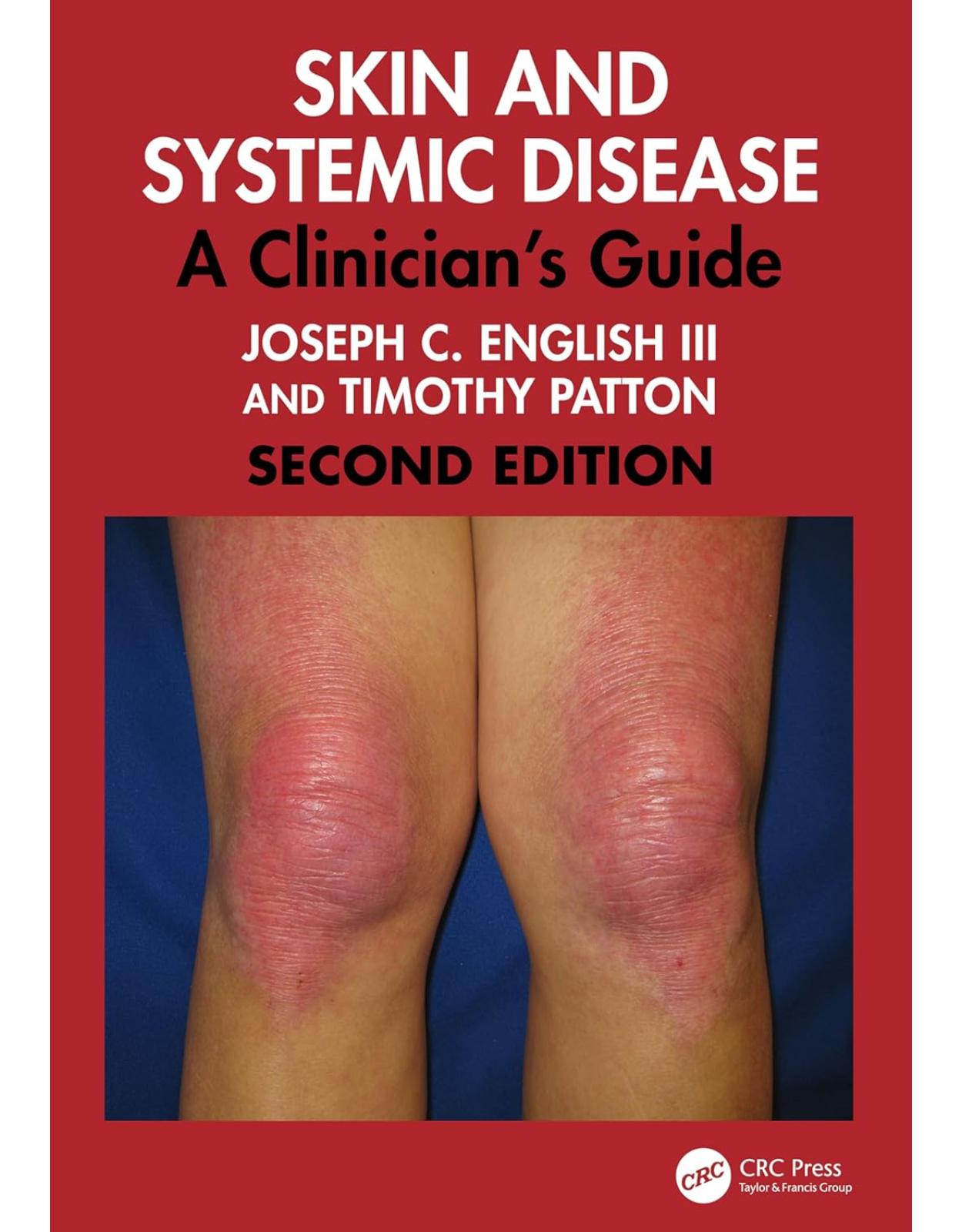
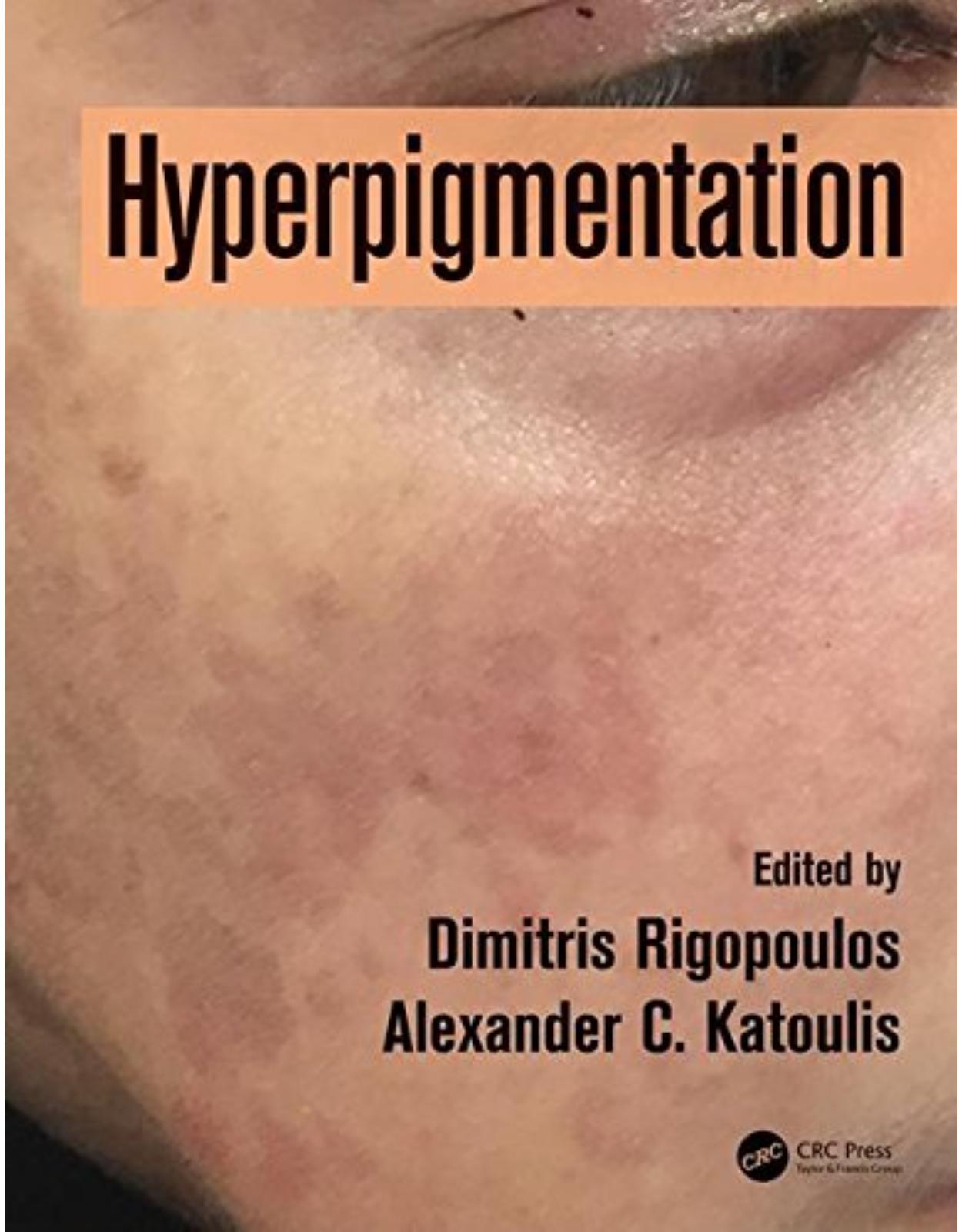
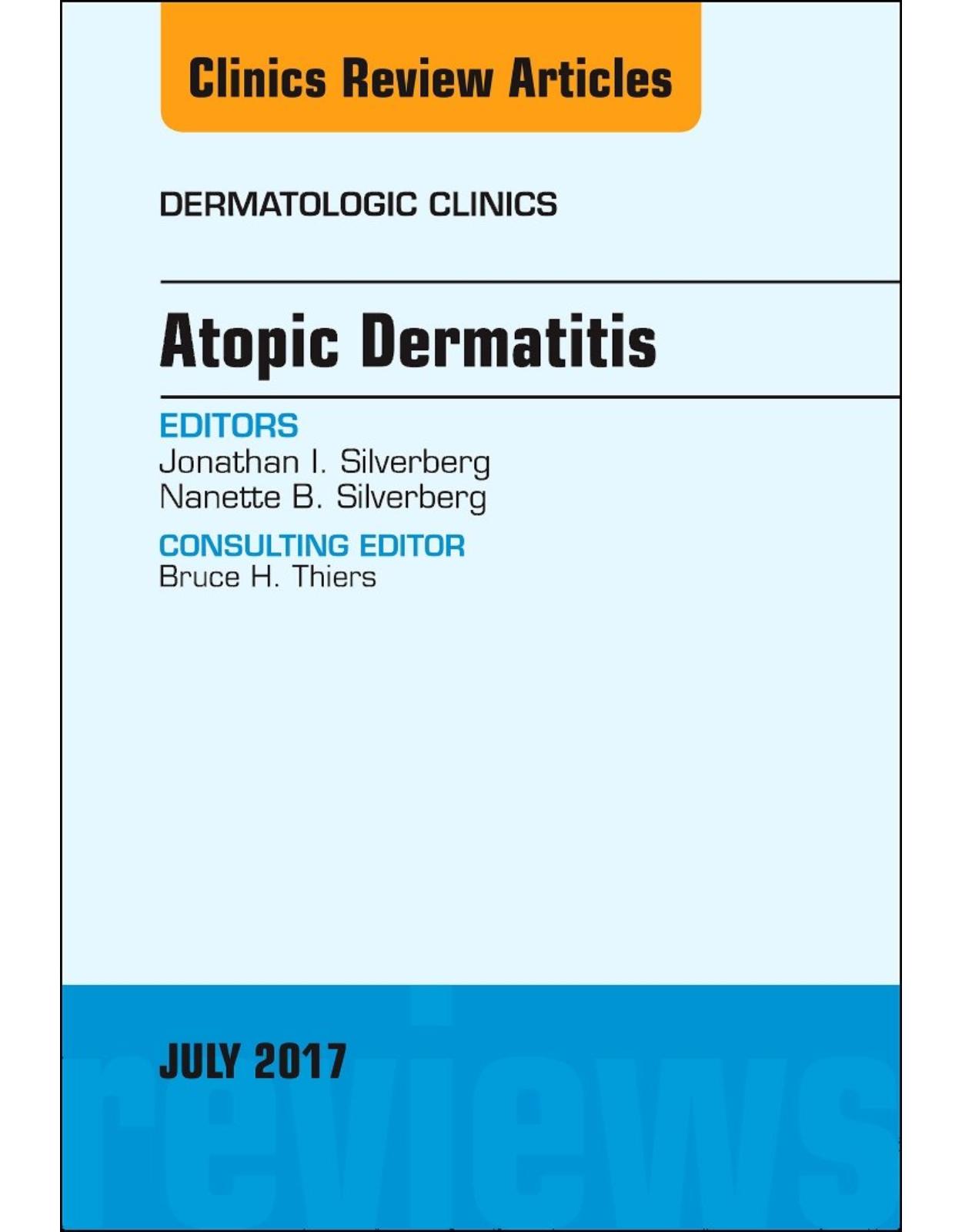
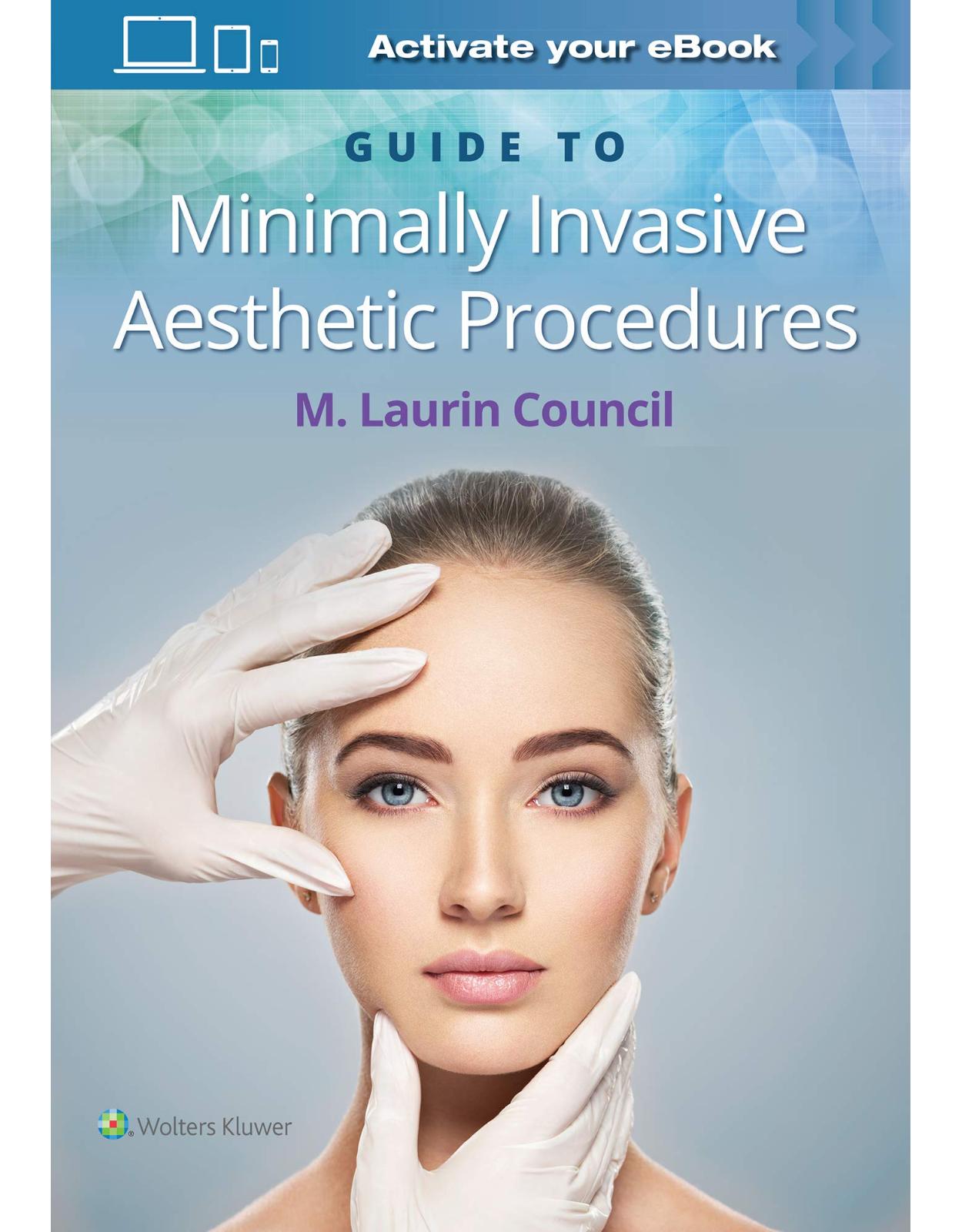
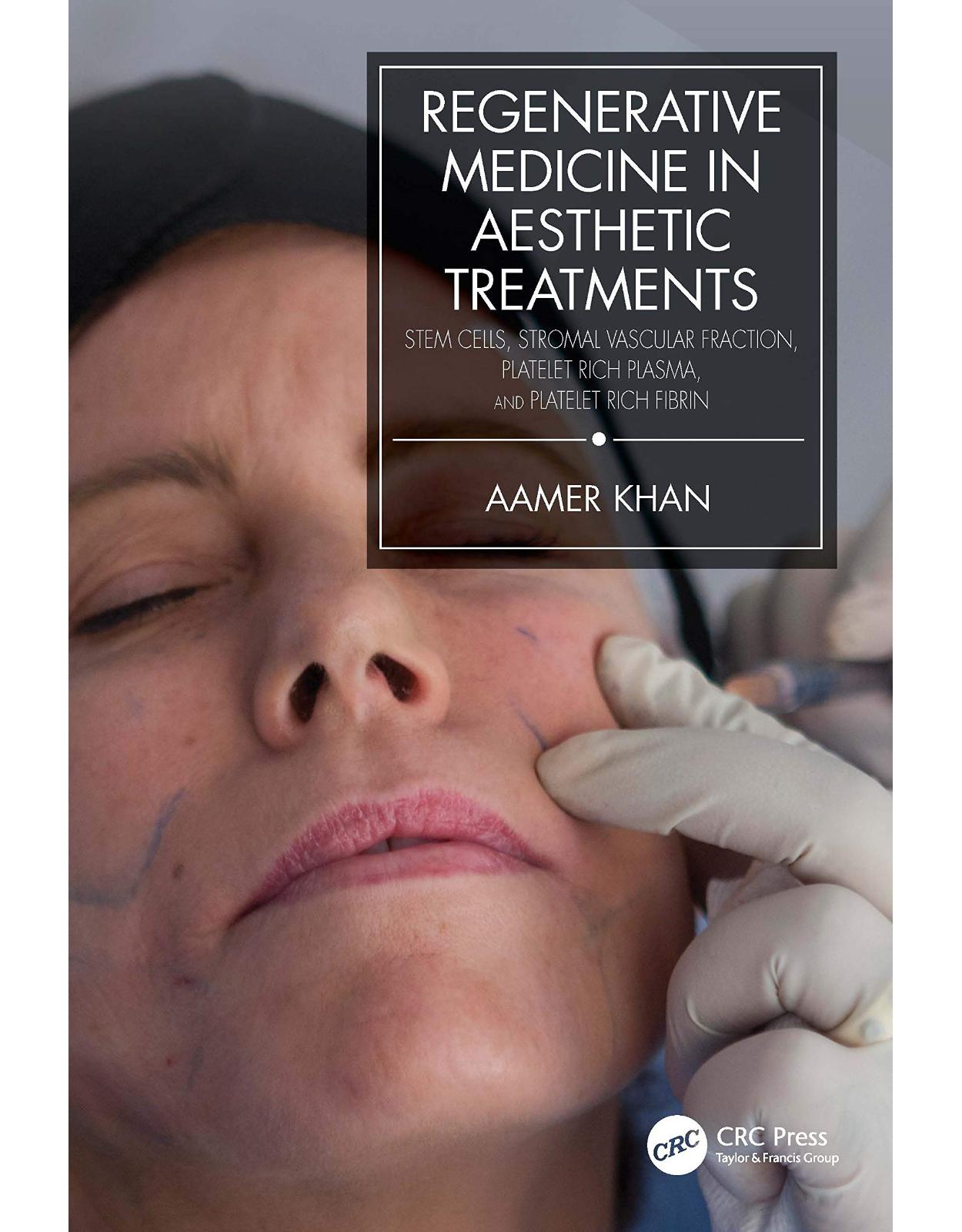
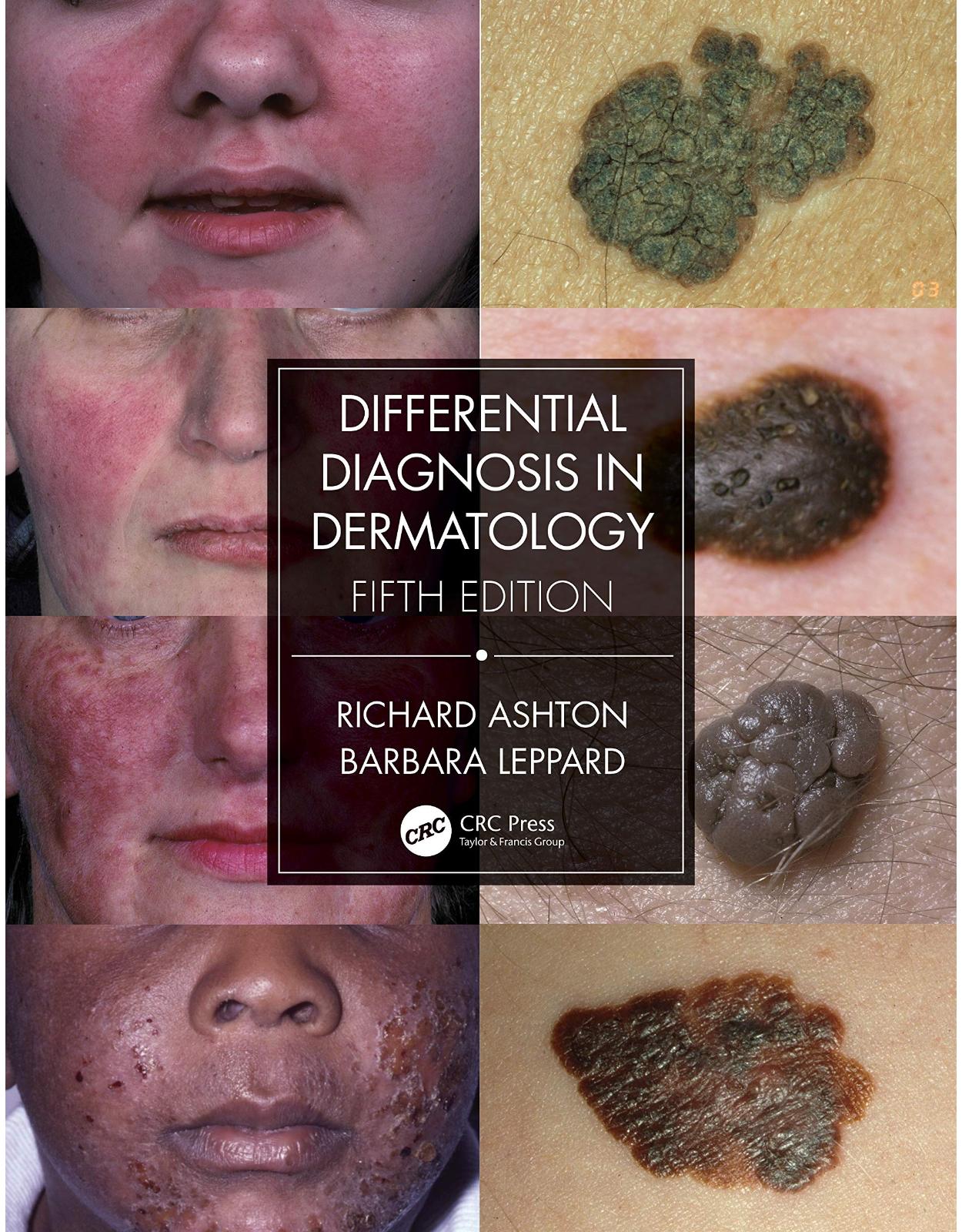
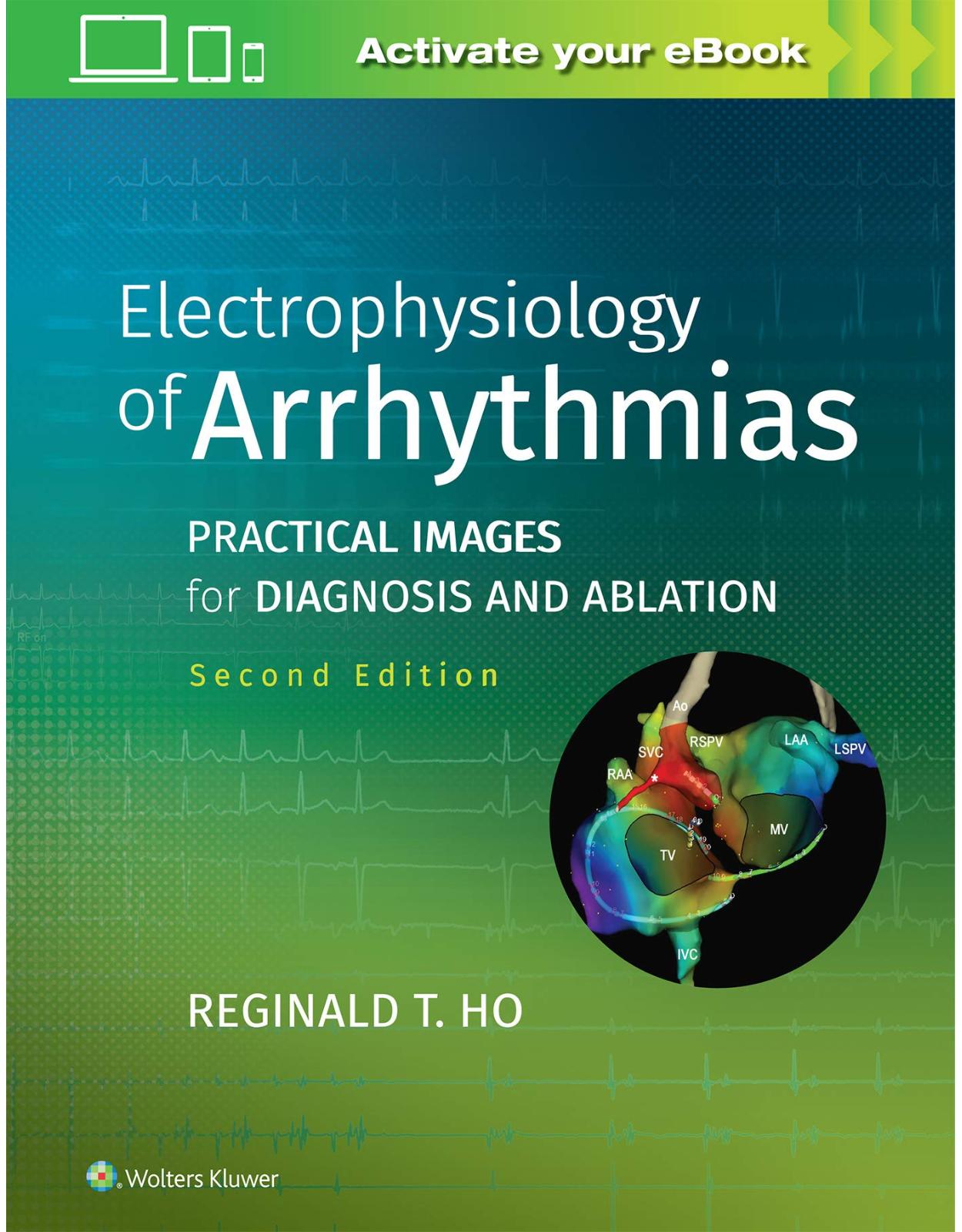
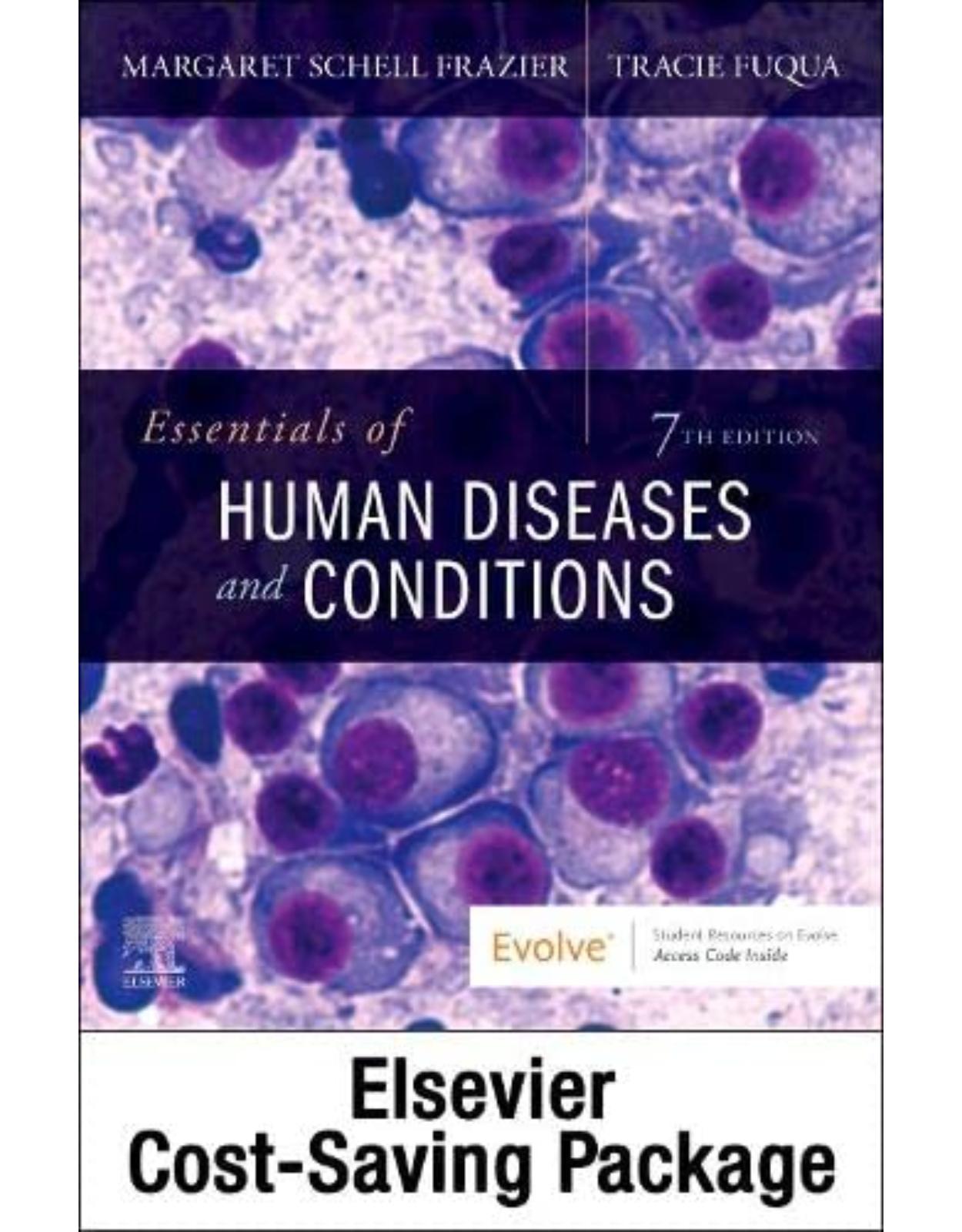
Clientii ebookshop.ro nu au adaugat inca opinii pentru acest produs. Fii primul care adauga o parere, folosind formularul de mai jos.